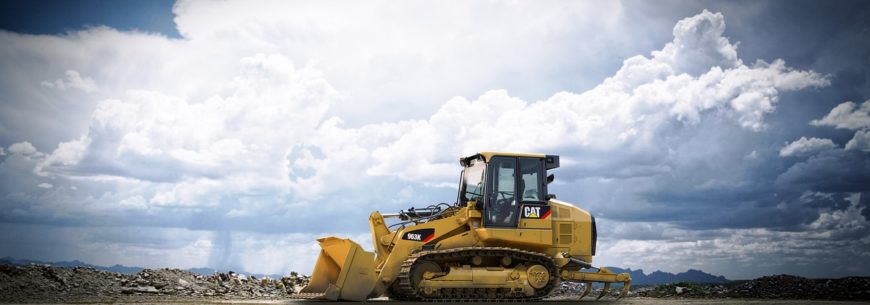
Knowledge and experience can go a long way when it comes down to looking after your machinery. Routine maintenance can help identify any current or potential problems that may occur. Most machinery requires constant maintenance but with a proper maintenance plan, you will be able to keep it in top condition.
Here are some points to think about before purchasing construction equipment:
- Make sure you have enough time and money to put into your machinery.
- Be committed and keep up to date with machinery training.
- Make sure you have knowledge of machinery you want to buy before you purchase.
- Make sure the full-service history is available, if possible before you purchase a machine.
- Have the right environment to store the equipment when it’s not being used.
Fluids maintenance
Testing and analysing the fluids from your machinery is the most accurate way to find out what’s going on internally with the machine. Oil and fuel can be sent off to a lab to be checked, which can help you detect problems before they turn into something more considerable. The more awareness you have internally of your machinery, the better it is to manage when it comes down to budgeting for the repairs.
Lubrication is one of the most important maintenance checks to make and should be the first place to check for possible leaks. It reduces friction around moving parts in the machine, so maintaining the lubrication will extend the life of your machinery.
Check for signs of wear and tear
If you discover wear and tear within your machinery, be sure to perform the necessary checks and replacements. Here are some common causes of wear and tear:
- Vibration can come from gears pulleys, chains and belts that are out of alignment
- Shock can come from previous accidents and poor operator techniques.
- High temperatures can come from extended use such as friction which is caused by poor lubrication and worn parts.
- Age affects many components such as belts, the seal could crack, bolts will loosen and go out of shape. Age is a huge factor in how parts will wear out more quickly.
In the long run, regular maintenance will help your machinery hold its value for longer.
What should I be doing as an employer?
From an employers point of view, if you are providing equipment from hand tools to large machinery, you need to be able to demonstrate that you have the arrangements in place to eliminate the hazards. By having this in your maintenance routine, your workers will be in a controlled and safe environment.
There are many hazards to look out for when working internally with machinery. For example, being exposed to materials that are normally enclosed such as leaks, breakages and tools that could break during use. Correct planning and communication is key. Complying with the health and safety rule “The Provision and Use of Work Equipment Regulations 1998” helps to keep people safe wherever machinery is used at work.
To conclude, the information provided above will give you guidance on how to extend the life of heavy construction machinery. Greater knowledge can effectively be shared across your organisation and should bring you more benefits on a wider scale.
